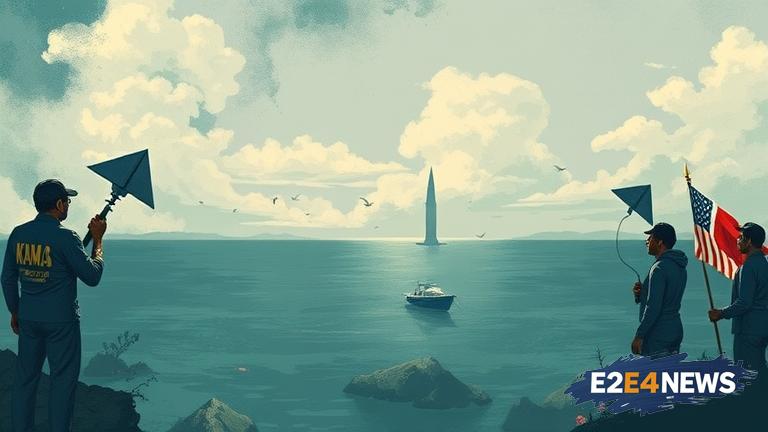The Pacific Islands News Association (PINA) has issued a challenge to Pacific countries to repeal their restrictive media laws, following Fiji’s lead in abolishing its Media Industry Development Act. This move is seen as a significant step towards promoting media freedom in the region. The Media Industry Development Act, which was introduced in 2010, had been widely criticized for its restrictive provisions, including a requirement for media outlets to be 90% locally owned and a ban on foreign journalists. PINA’s challenge comes as the organization celebrates its 45th anniversary, and it is seen as a key part of its efforts to promote media freedom and development in the Pacific. The organization has long been a vocal advocate for media freedom, and its challenge is likely to be welcomed by journalists and media outlets across the region. Fiji’s decision to repeal the Media Industry Development Act has been seen as a major victory for media freedom, and it is hoped that other Pacific countries will follow suit. The repeal of the Act has been praised by journalists and media outlets, who say it will allow them to operate more freely and without fear of censorship. However, some have expressed concerns that the repeal may not go far enough, and that more needs to be done to promote media freedom in the region. Despite these concerns, PINA’s challenge is seen as an important step towards promoting media freedom, and it is likely to be closely watched by journalists and media outlets across the Pacific. The challenge is also likely to be seen as a test of the commitment of Pacific countries to media freedom, and it will be interesting to see how they respond. In recent years, there have been concerns about the state of media freedom in the Pacific, with some countries introducing restrictive laws and regulations. However, with PINA’s challenge, there is hope that the region may be turning a corner, and that media freedom may be on the increase. The challenge is not just about repealing restrictive laws, but also about promoting a culture of media freedom and development. This includes providing training and support for journalists, as well as promoting a free and independent media. PINA’s challenge is seen as a key part of this effort, and it is likely to be an important step towards promoting media freedom in the Pacific. The organization has a long history of promoting media freedom, and its challenge is likely to be taken seriously by Pacific countries. In conclusion, PINA’s challenge to Pacific countries to repeal their restrictive media laws is a significant step towards promoting media freedom in the region. It is hoped that other countries will follow Fiji’s lead and repeal their restrictive laws, allowing journalists and media outlets to operate more freely. With PINA’s challenge, there is hope that the Pacific may be turning a corner, and that media freedom may be on the increase.
